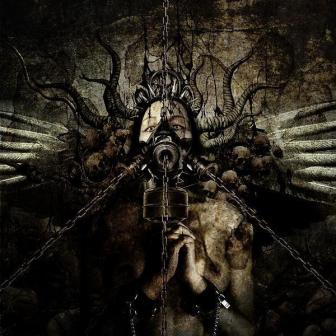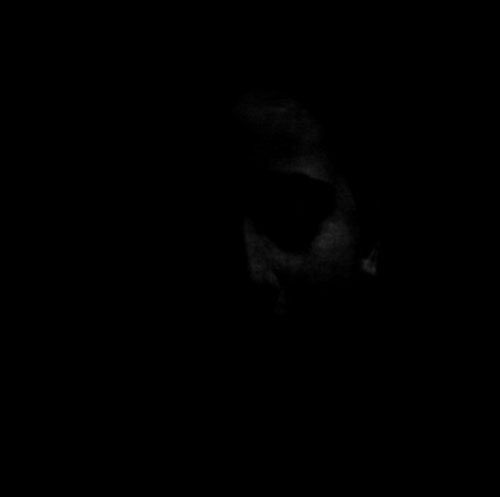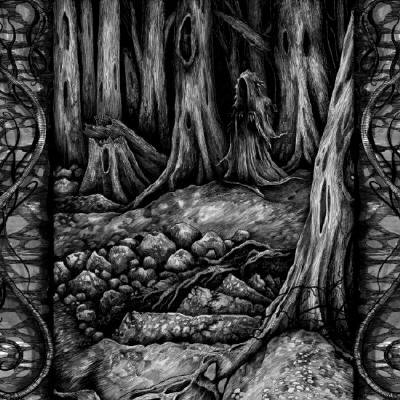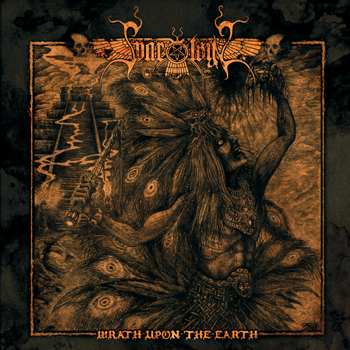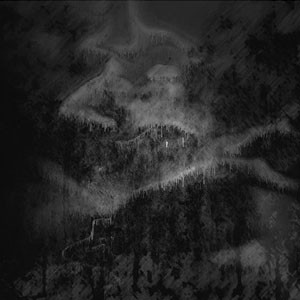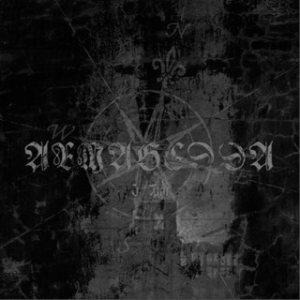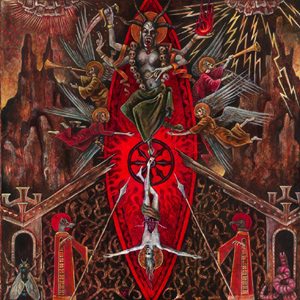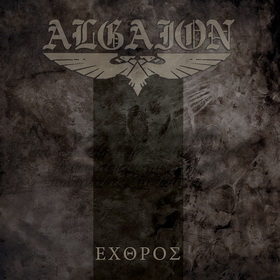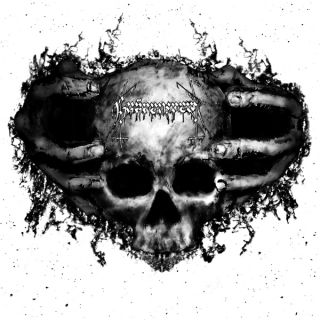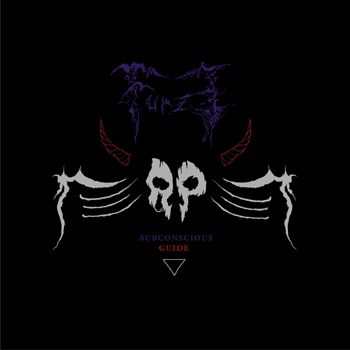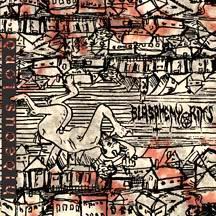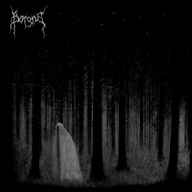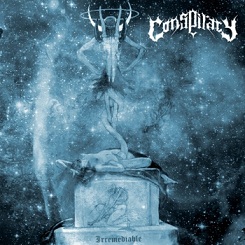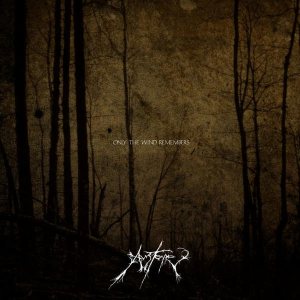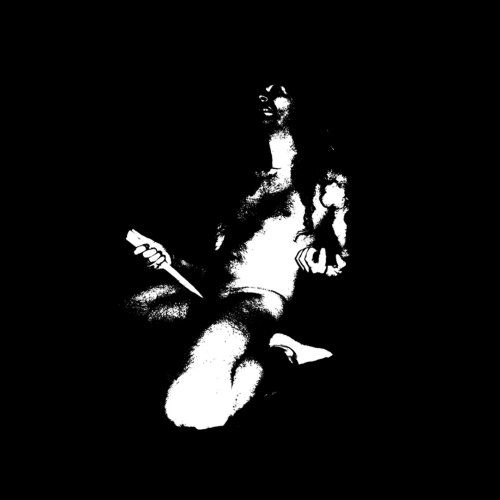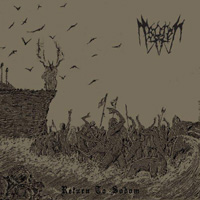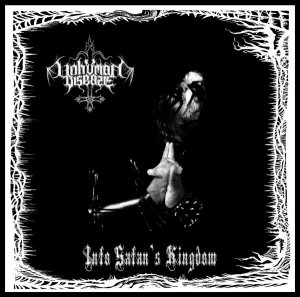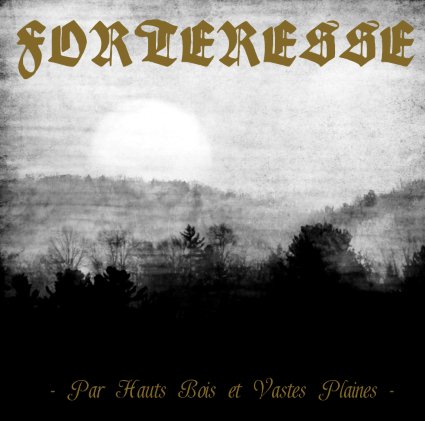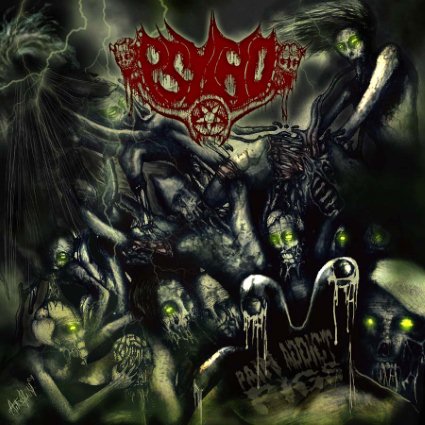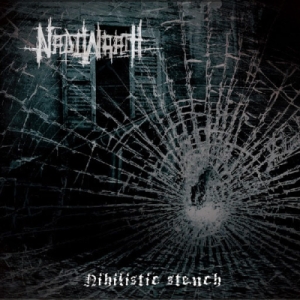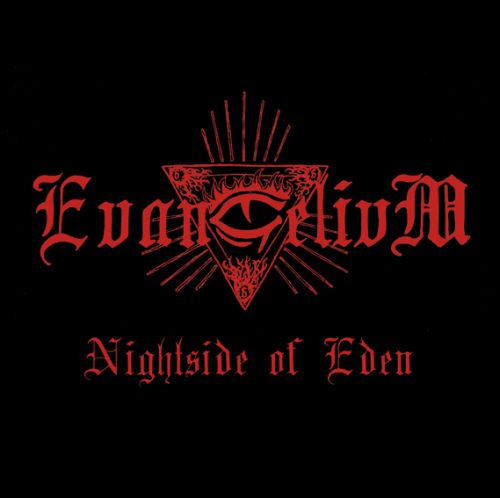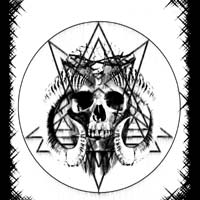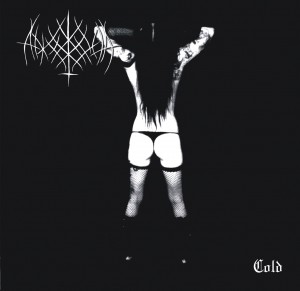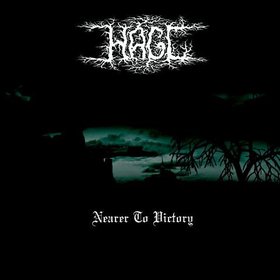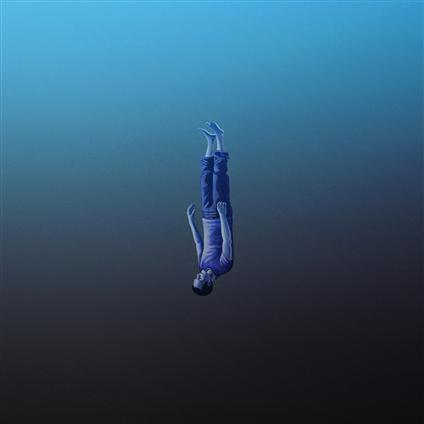On their major debut Chaos, Darkness & Emptiness, Bane deliver a decent piece of diverse melodic black / death metal: this 42-minute whole is divided into three sections that present somewhat different musical styles, starting with the violence of ”Chaos”, followed by ”Darkness” with its more gloomy atmosphere, and ending with the partially doom metal influenced ”Emptiness”.
The album sounds rather modern, fairly bordering on too polished production - especially the somewhat triggered drums - but is still enjoyable to listen to. There’s a lot to discover from the well textured soundscapes of the album: some synths are included (”Abhorrence”), acoustic guitars appear every now and then - on ”Lost Shadow” they even dominate, in fact - and there’s some nicely done cacophony towards the end of ”Pandemonium”, for example, but the main focus is on powerful rampage created with riffs and beats.
Singing style ranges from low grunts to high-pitched screams, satisfying both black and death metal listeners, because this indeed is a mixture of both styles and even some more (hear the progressive tendencies on ”Plague Upon Yourself”). Despite the varied nature of Chaos, Darkness & Emptiness, there’s nothing really unique to find from here, so that the record is more like a mixture of many things done before. Anyhow, Chaos, Darkness & Emptiness keeps my attention throughout and proper fans of modern deathened black metal should give this a go, they could find more to dig from here.
The album sounds rather modern, fairly bordering on too polished production - especially the somewhat triggered drums - but is still enjoyable to listen to. There’s a lot to discover from the well textured soundscapes of the album: some synths are included (”Abhorrence”), acoustic guitars appear every now and then - on ”Lost Shadow” they even dominate, in fact - and there’s some nicely done cacophony towards the end of ”Pandemonium”, for example, but the main focus is on powerful rampage created with riffs and beats.
Singing style ranges from low grunts to high-pitched screams, satisfying both black and death metal listeners, because this indeed is a mixture of both styles and even some more (hear the progressive tendencies on ”Plague Upon Yourself”). Despite the varied nature of Chaos, Darkness & Emptiness, there’s nothing really unique to find from here, so that the record is more like a mixture of many things done before. Anyhow, Chaos, Darkness & Emptiness keeps my attention throughout and proper fans of modern deathened black metal should give this a go, they could find more to dig from here.
2,5 / 5

